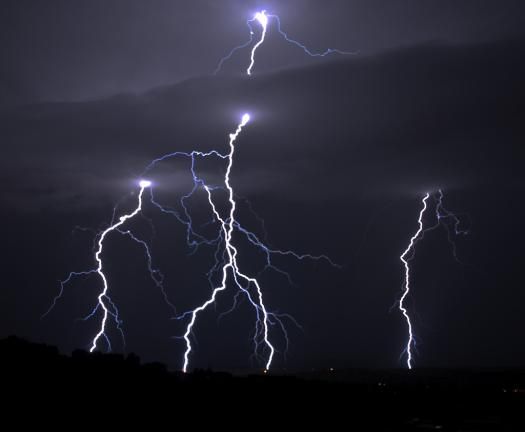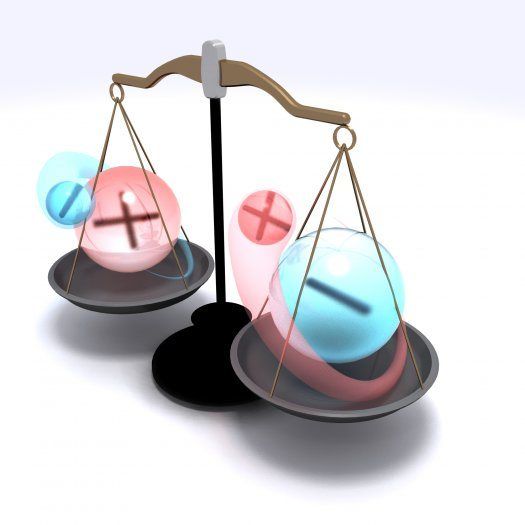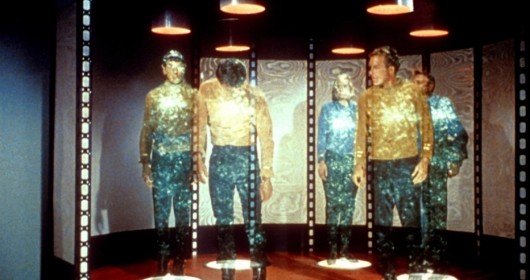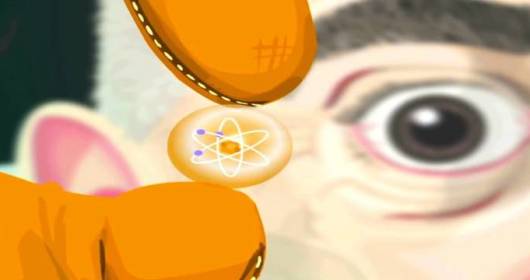To find out, physicists go Newton’s Laws on it, and drop some.
Antimatter, the mirror opposite of normal matter, is strange stuff. Particles and atoms of antimatter have the opposite charge of their regular counterparts, and they behave accordingly. When the two collide, you don’t want to be nearby–they annihilate each other in a flash of light.
Great Physicists wonder whether they also respond differently to gravity–does antimatter “fall” up? Does it weigh the same as regular matter? Does it exhibit anti-gravity? To find out, physicists at CERN Particle Accelerator and Lawrence Berkeley National Laboratory Tests went Newton on it and dropped some.
It would make sense if gravity is the same for antimatter and regular matter. But there is no direct evidence proving this. Scientists who work with CERN’s ALPHA experiment, an antimatter experiment, tried to measure it in a somewhat roundabout way. First the researchers made antimatter, by joiningantiprotons with positrons–the opposites of protons and electrons, respectively–and producing atoms of antihydrogen. The anti-atoms were suspended in a strong magnetic field so they wouldn’t touch the walls of their container, annihilating themselves and their counterparts.
Then the researchers turned off the magnetic field, allowing the antimatter to free-fall. If they knew where the anti-atom was when the field shut down, and they knew its velocity while hanging out in magnetic limbo, they could calculate how long it took to fall, and thereby measure the effect of gravity. Antihydrogendid not behave strangely, they found.
The results were very unclear, though. The magnetic fields don’t turn off instantly; it takes about 30 thousandths of a second to dissipate. When you are talking about individual atomic particles, that can add up to a long time. And individual flashes of annihilation happened throughout the antimatter trap, confusing the results. It could take several years to achieve the statistical accuracy physicists would need to prove how antimatter behaves with gravity.
The good news: The technical achievement is the real breakthrough here. It’s the first time anyone has directly measured the effect of gravity on free-falling antimatter. “Is there such a thing as Real Anti-Gravity? Based on free-fall tests so far, we can’t say yes or no,” Joel Fajans of Berkeley Lab said in a statement. “This is the first word, however, not the last.”
Source: http://www.popsci.com/science/article/2013-04/if-antimatter-opposite-matter-does-it-fall-or-down









Comments are closed.